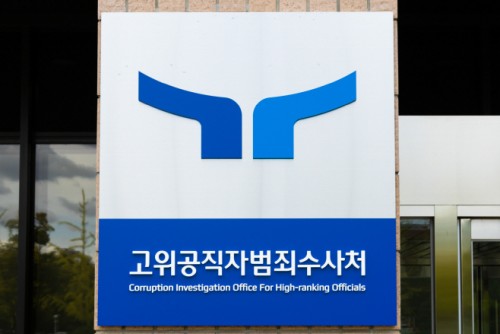 |
| / The Corruption Investigation Office for High-ranking Officials (CIO) |
As South Korea enters the early stages of a snap presidential election, several preliminary candidates from the conservative People Power Party (PPP) have begun advocating for the abolition of the Corruption Investigation Office for High-ranking Officials (CIO). The agency has come under intense scrutiny for what critics describe as poor performance since its launch and for overlapping functions with the special prosecutor system, raising concerns about bureaucratic redundancy.
Despite growing public skepticism and forecasts of its potential demise, former Democratic Party leader Lee Jae-myung—who helped establish the CIO and whose party currently holds a parliamentary majority—is doubling down on efforts to strengthen the agency. This political divide has led observers to predict that any legislative attempt to dismantle the CIO will likely falter in the National Assembly.
On April 16, legal sources confirmed that PPP lawmakers Na Kyung-won and Ahn Cheol-soo, along with former Daegu Mayor Hong Joon-pyo, are each proposing plans to abolish the CIO. Na announced her intent to introduce a bill for its immediate dissolution, citing past controversy over the agency’s so-called “warrant shopping” during its investigation into former President Yoon Suk-yeol. Ahn also included the CIO's abolition as a major pledge in his campaign platform. Meanwhile, Hong proposed replacing the agency with a new system of independent inspectors to monitor power-related corruption.
In contrast, Lee Jae-myung reaffirmed his commitment to the CIO during an appearance on the YouTube channel run by the Roh Moo-hyun Foundation, saying he supports enhancing the agency’s functions. He also expressed a favorable view toward separating investigative and prosecutorial powers to ensure mutual oversight among law enforcement agencies.
Legal experts believe that the current Democratic majority in the National Assembly makes it nearly impossible for any abolition bill to pass. Even if such a bill is introduced, it is unlikely to secure support from more than half of all sitting lawmakers—effectively dooming the effort.
Attorney Kim So-yeon of Will Law Office stated, “It’s one thing to make public remarks about abolition, but realistically, the most they can achieve is to generate public consensus. Even during former President Yoon’s administration, they couldn’t abolish the CIO due to the Democratic Party's parliamentary dominance.”
Still, some legal scholars suggest there could be unconventional routes. Attorney Kim Jae-sik of Apex Law Firm noted, “While it would be extraordinary, a president could technically link the abolition to a national referendum, particularly if there’s overwhelming public support. Though not a standard approach, it’s a possible scenario if driven by strong public opinion or presidential authority.”
Most Read
-
1
-
2
-
3
-
4
-
5
-
6
-
7





















